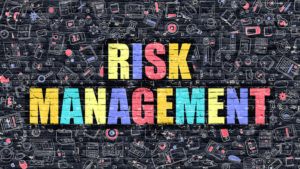

 In the wake of last year’s unusually harsh catastrophe events, insurers’ clients are playing catch-up with their disaster risk management strategies, Zurich Insurance concluded in a new report.
In the wake of last year’s unusually harsh catastrophe events, insurers’ clients are playing catch-up with their disaster risk management strategies, Zurich Insurance concluded in a new report.
Zurich, based on a review of 12 of its global Post-Event Review Capability (PERC) reports, found that more focus is being placed on responding to natural disasters rather than taking action to reduce risk before the events take place.
“Globally, spending on response is far greater than investment in preemptive risk reduction strategies,” the report noted. “Where money is invested on prevention, it typically goes to protecting physical structures rather than more cost-effective risk management such as environmental planning.”
The Zurich report also found that levees and other infrastructure protection already in place often produce a false sense of security and that there are few incentives in place to encourage building stronger, more resilient structures after a disaster.
As well, Zurich Insurance pointed out that “the neediest in society are often neglected before and after disasters.”
A number of findings in the Zurich report reflect the benefits of spending for preemptive disaster risk reduction and also disaster resilience. They include:
Zurich Insurance said its PERC studies revealed a number of additional factors in disaster resilience that require more attention. Among them:
Zurich’s Risk Insights study is called “Extreme weather events: How hard lessons strengthen resilience against the next big event.” It is based on Zurich PERC reports from June 2013 through June 2018, covering weather events including the Central European floods of 2013, Morro Floods of 2014, and the Houston hurricanes and resulting flooding in later 2017.
Source: Zurich Insurance